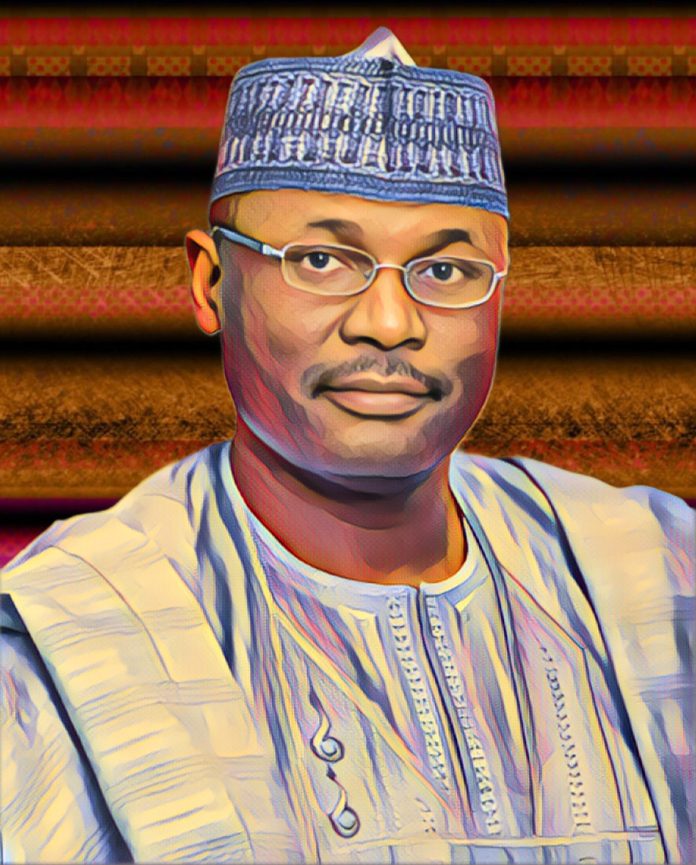The Independent National Electoral Commission (INEC) Chairman, Prof. Mahmood Yakubu, has reiterated that the commission lacks the constitutional authority to conduct local government elections outside the Federal Capital Territory (FCT). This statement was made during a two-day induction retreat for INEC Resident Electoral Commissioners (RECs) held in Lagos.
Yakubu addressed the ongoing debate regarding INEC’s potential role in local council elections, describing the issue as a “constitutional matter.” He emphasized that without the necessary amendments to the constitution, INEC’s mandate remains limited to national and state elections.
“The same section of the constitution that establishes INEC also establishes the State Independent Electoral Commission (SIEC). We cannot take over their duties,” Yakubu stated. He acknowledged the advocacy efforts for INEC to oversee all elections but reiterated that constitutional changes are required for such a transition.
Currently, INEC’s jurisdiction over local government elections is confined to the FCT, encompassing six area council chairmen and 62 councilors. Yakubu expressed pride in the commission’s consistent and high-quality execution of these elections within the FCT.
“For now, INEC can only conduct local government elections in the Federal Capital Territory. The conduct of council elections there has been regular, and we are proud of our performance. However, for INEC to take over state elections, the constitution needs to be amended, and we are not there yet,” Yakubu explained.
The debate over INEC’s role has intensified amid calls for the dissolution of SIECs. Critics argue that state governors often manipulate local council allocations due to irregularities in SIEC-conducted elections. This has led to increasing demands for INEC to take charge of local government elections to ensure fairness and transparency.
Advocating for Reform
In March, Attorney-General of the Federation and Minister of Justice, Lateef Fagbemi (SAN), strongly advocated for the elimination of SIECs, suggesting that their functions be transferred to INEC. Fagbemi argued that such a move would enhance the independence and transparency of local government elections.
Supporters of this reform believe that a centralized electoral body under INEC would mitigate the influence of state governors over local elections, thereby fostering fairer and more transparent electoral processes. They argue that state governors have too much control over the local government election process, which compromises the integrity of the elections.
“The manipulation of local council elections by state governors has been a significant issue. By transferring the responsibility to INEC, we can ensure a more transparent and accountable process,” said an advocate of the reform.
The current structure, where SIECs are responsible for local elections, has been criticized for lack of transparency and accountability. Advocates for change argue that SIECs are often influenced by state governments, which undermines the fairness of local elections. By centralizing the process under INEC, proponents believe that it will be possible to enhance the credibility of local elections.
The Path Forward
Yakubu’s statement underscores the need for constitutional amendments to expand INEC’s responsibilities. As it stands, INEC is constitutionally restricted to organizing national and state elections, while SIECs handle local government elections. This dual structure is enshrined in the Nigerian constitution, and any change would require a significant legislative overhaul.
“Advocacy for constitutional amendments is a positive step,” Yakubu noted. “However, until those amendments are made, our hands are tied. We will continue to focus on our mandated responsibilities.”
The call for INEC to oversee elections is gaining momentum among Nigerians who are dissatisfied with the current system. They argue that the centralized oversight of elections would prevent the undue influence of state governors and ensure that local elections are conducted with the same level of transparency and integrity as national and state elections.
Source: Vanguard



